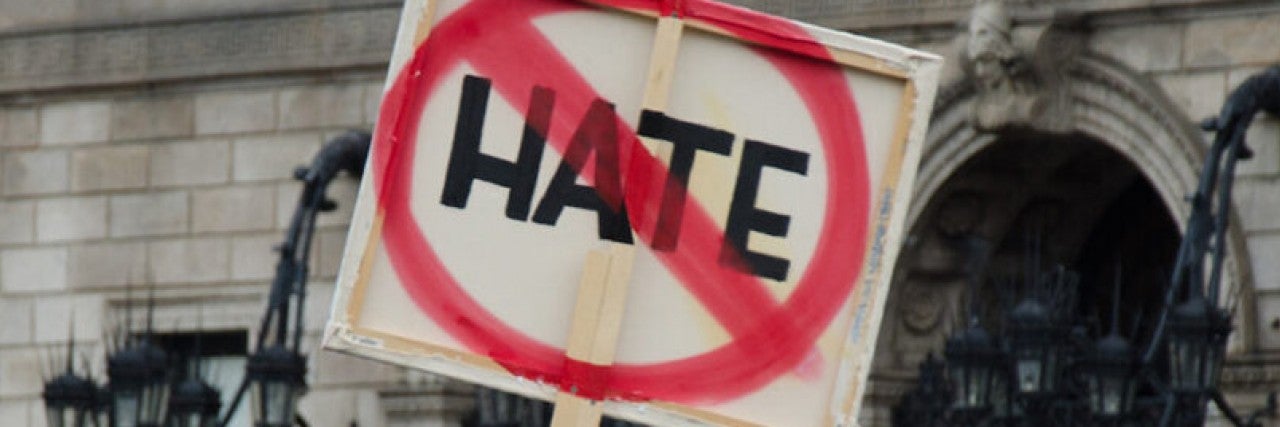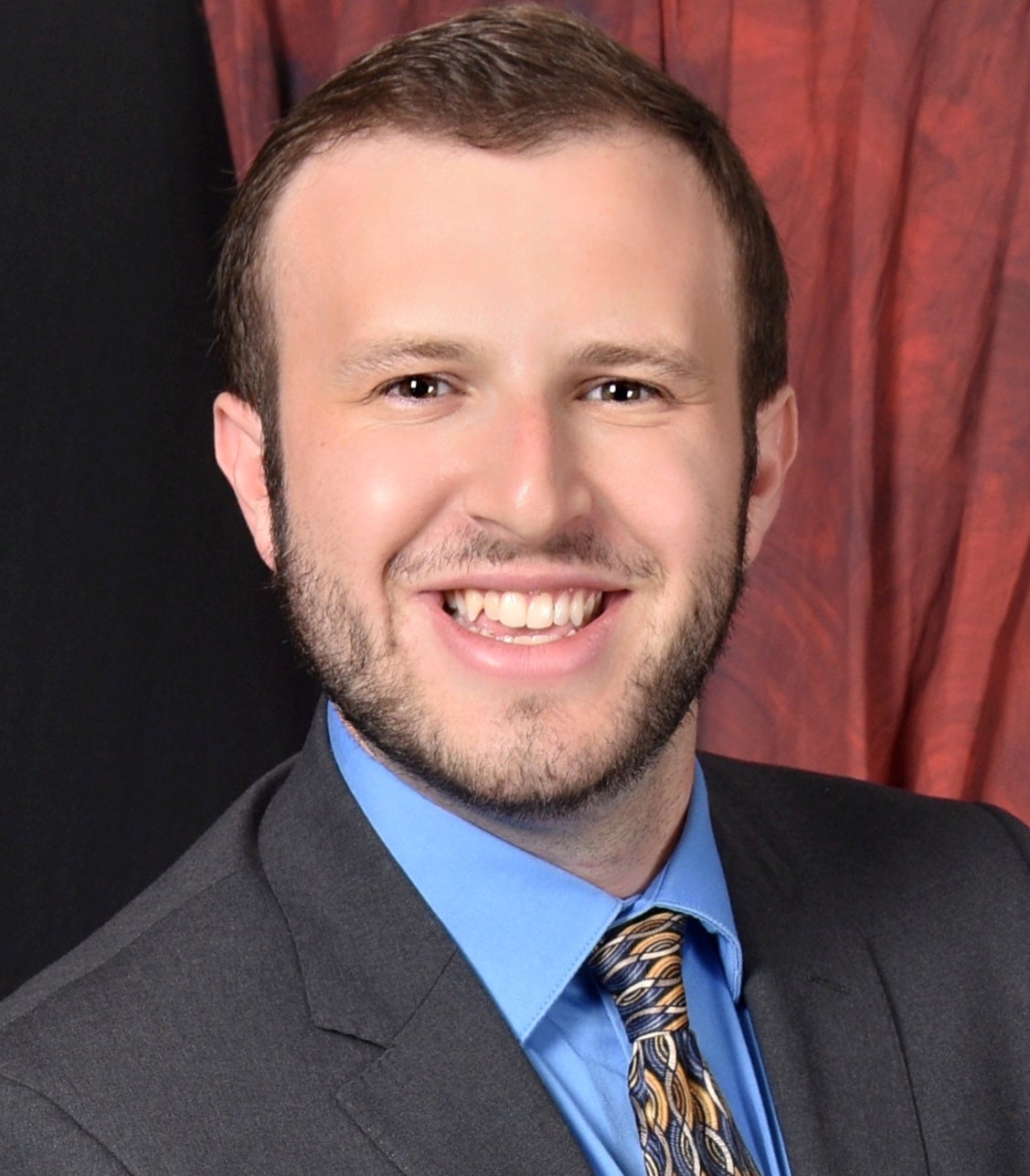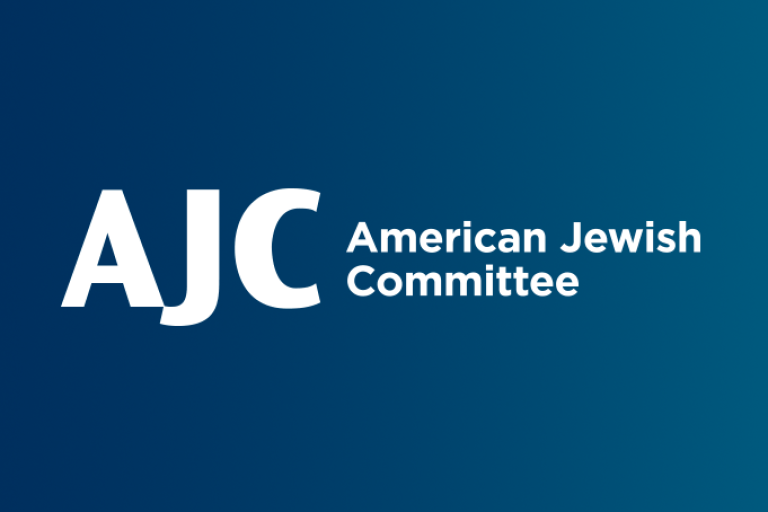August 25, 2021 — Los Angeles
This piece originally appeared in JNS.
Despite rising antisemitism and the demonization of Israel on American campuses, collegiate life generally has been a largely positive experience for most Jewish students. However, the circumstances they will face this fall should move schools to prepare for increased campus antisemitism.
Students are returning only a few months after the 11 days of violence between Israel and Hamas in May, which led to new levels of hostility towards Jews across the United States. Many are attending, in person, for the first time in more than a year. While mobilization against Israel hardly ceased during the coronavirus pandemic (and, in fact, went online as well), the nature of on-campus activities—paired with pent-up demand for in-person engagement—will embolden anti-Israel activism and be more accessible to newcomers.
Meanwhile, new challenges continue to pop up. Even before the school year began, Middle East courses were slated to be taught by self-described anti-Israel activists, faculty unions are voting to boycott the Jewish state and a supporter of well-documented antisemite Louis Farrakhan, head of the Nation of Islam, was tapped to run an entire academic department. All of this is compounded by the targeted acts of cowardice like graffiti, antisemitic flyers and even arson, which have become all too common in Jewish spaces on campus. Put all together, it’s hard to deny there is cause for concern.
Everyone has a role in the ongoing battle against Jew-hatred. It is imperative that university administrators seize the opportunity for meaningful reform before antisemitic incidents morph into more physical violence.
An intentional, multipronged approach to curbing antisemitism on campus is urgently needed. The first major hurdle to overcome is ensuring that those in academic leadership roles can recognize hatred against their Jewish community.
Campus leaders must begin to address the surge in Jew-hatred by joining the 30 student governments that have already adopted the most widely accepted description of antisemitism, the International Holocaust Remembrance Alliance (IHRA) working definition. Using this definition as an educational tool will best position universities to recognize and address incidents on campus. The signaled commitment to combating antisemitism that comes with recognition of the IHRA definition cannot be understated and the few university administrations that have taken this step in the last year are at the forefront of this fight. Florida State University president John Thrasher pioneered this approach when he wrote to the FSU community, “I encourage everyone to educate themselves on the IHRA definition and examples of antisemitism, as I have done myself.” More must follow and quickly.
Colleges and universities should also implement compulsory counter-antisemitism trainings at all levels of campus life, from incoming freshmen to senior administrators. The key word is “compulsory”—participants in voluntary trainings are rarely the ones who need the training. Some sporadic pilot training has taken form over the past year, but there is urgent need for these to be scaled to university-wide audiences.
The organized movement to boycott Israel on college campuses saw a boon in support following the May conflict with Hamas. Campus student groups, academic departments and student governments issued one-sided statements riddled with half-truths and baseless accusations to end support for Israel on campus. When the loudest voices push for policies that restrict academic freedom, students face a diminished educational experience. It is imperative that American institutions of higher education reaffirm their opposition to any movement that calls for an end to academic partnerships with Israel.
Universities can also signal their support for Jewish students by revisiting campus policies on a range of issues, including how schools regulate professors who use their lecterns to indoctrinate policy. Strong counter-indoctrination policies already exist at some schools, and many others have sufficient religious accommodation guidelines as well. Universities would be well-served to draw from successful counter-indoctrination models to deter instructors from abusing their posts for their own agendas.
Antisemitism is morphing into new, more threatening forms. Only a few months ago, Jewish restaurant patrons in Los Angeles and pedestrians in New York City were assaulted over presumed support for Israel.
Without significant action by university leadership now, the danger that the most recent wave of animosity toward Israel could turn violent on campus is quite possible. University leaders who want to prioritize safety and academic freedom must act before the first punch is thrown.
Zev Hurwitz is the American Jewish Committee (AJC)’s director of campus affairs.



